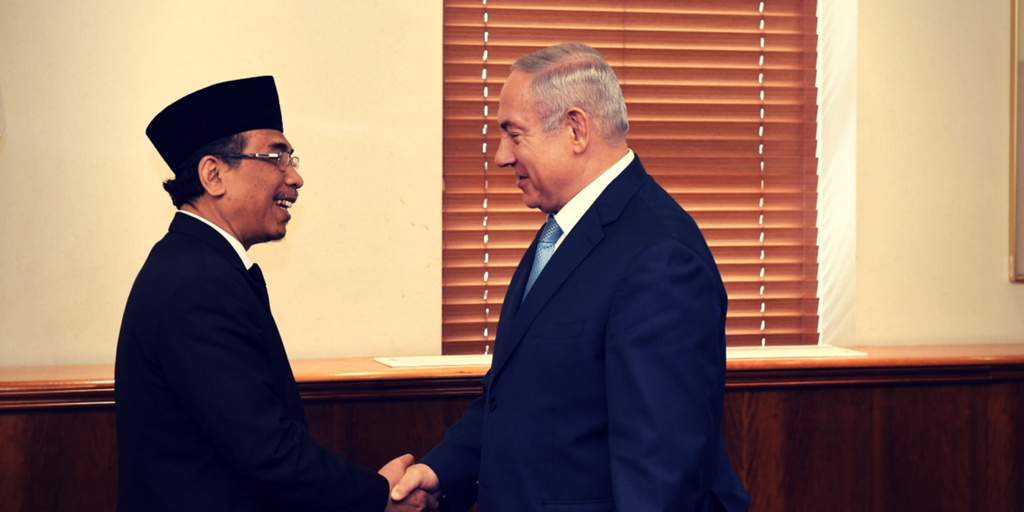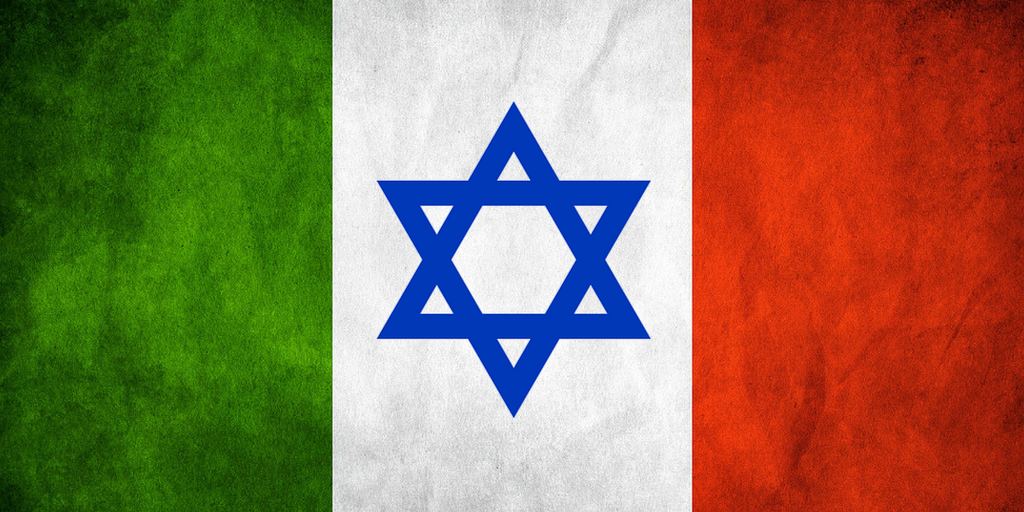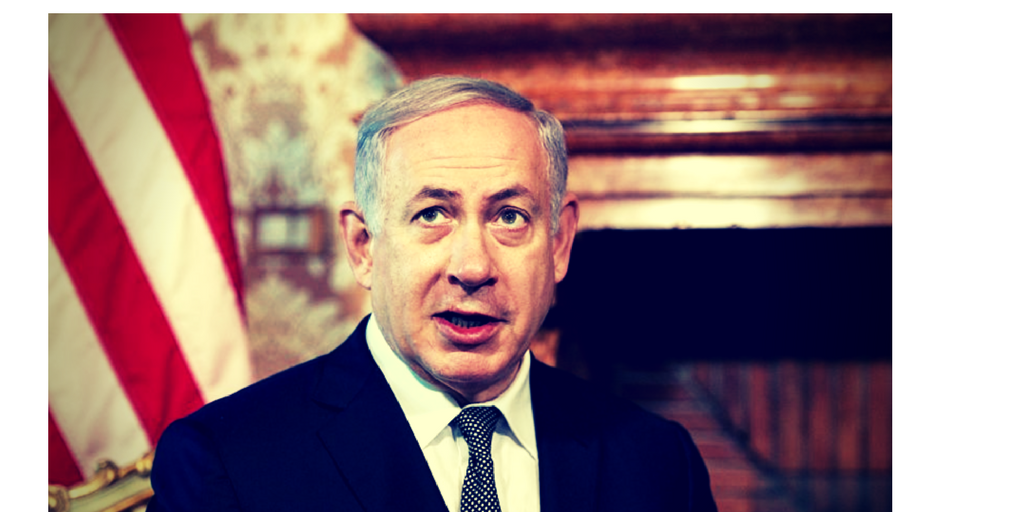Yahya Cholil Staquf, Top Indonesian Cleric with 60 Million Followers says to Lead with Mercy when visitin Prime Minister Netanyahu
Leading Muslim cleric Yahya Cholil Staquf, the General Secretary of the global Islamic organization Nahdlatul Ulama took time to meet with Prime Minister Netanyahu during the cleric’s visit to Israel.
Prime Minister Benjamin Netanyahu met today, at the Prime Minister’s Office in Jerusalem, with Yahya Cholil Staquf, the General Secretary of the global Islamic organization Nahdlatul Ulama. pic.twitter.com/qcaidqdyei
— PM of Israel (@IsraeliPM) June 14, 2018
Prime Minister Netanyahu said the following on meeting Yahya Cholil Staquf:
“Israel is the innovation nation, and I’m very happy to see that the Arab countries and many Muslim countries getting closer to Israel. I hope that we have some movement with Indonesia.”
In response, Deputy Speaker of the Indonesian House of Representatives Fahri Hamzah proposed to the Indonesian Ulema Council (MUI) to issue a fatwa banning Muslims, especially Muslims in Indonesia, from coming to the territory occupied by Israel.
“In order to avoid the same incident, then MUI needs to issue a fatwa banning a visit to Israel. Because, it violates our national commitment to liberate Palestine.”
“In fact, every day they commit crimes and conduct colonialism and oppression,” he said.
While this reaction is not surprising, there is an opposite trend as more and more Sunni states are opening up to dealing with Israel.





